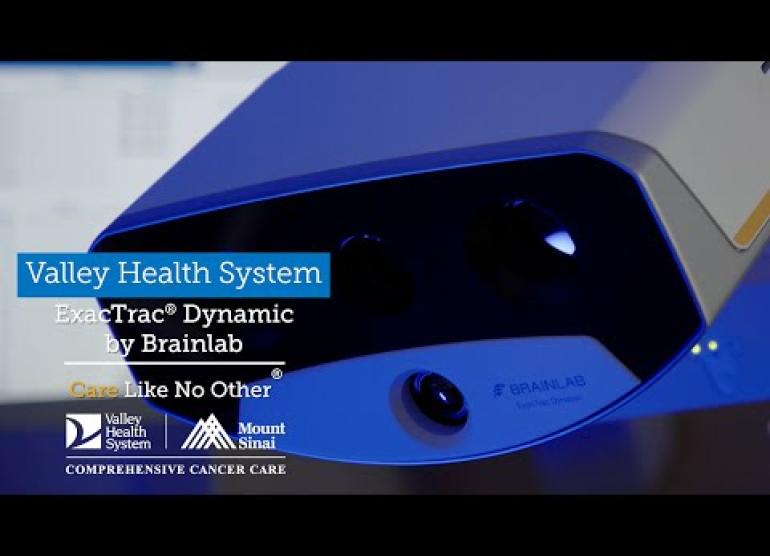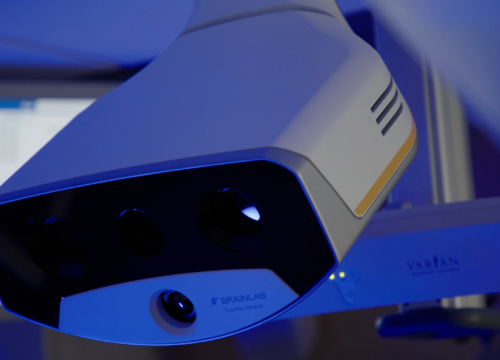
It was recently announced that former President Joe Biden has been diagnosed with prostate cancer that has metastasized, or spread, to his bones.
Biden reportedly was suffering from urinary symptoms, and a prostate nodule – a hard area on the prostate gland – was found during a physical exam. The cancer has been noted as being “aggressive” – according to ABC News – with a Gleason score of 9, group 5. A Gleason score or group number is used to grade prostate cancer based on the degree of cancer cell aggressiveness and the likelihood that the prostate cancer could spread and grow. According to the American Cancer Society, a Gleason score of 8 to 10 is classified as “high-grade.”
Prostate Cancer Diagnosis
Prostate cancer is the most common non-skin cancer found in men, according to the American Cancer Society and is the second leading cause of death from cancer in men after lung cancer. Prostate cancer patients have excellent long-term survival rates when the cancer is caught and treated early.
So how do you detect prostate cancer? Prostate-specific antigen (PSA) testing can help detect prostate cancer before symptoms appear.
If you have a rising or elevated PSA blood test, lump or nodule identified during a rectal exam, your doctor will likely refer you to a urologist for advanced testing.
In most cases, you will have an MRI before your prostate is biopsied. If there is an area of suspicion on your MRI, you will have an MRI-guided fusion biopsy using the UroNav Fusion Biopsy System. This system combines MRI images of the prostate with ultrasound-guided biopsy images in real-time. This system allows your urologist to accurately perform a biopsy of suspicious areas within your prostate, which results in a more reliable diagnosis.
If prostate cancer is detected and you are at high-risk for the cancer to spread, a prostate-specific membrane antigen (PSMA) positron emission tomography (PET) imaging may be recommended. PSMA-PET uses an imaging agent that attaches itself to specific proteins that are present on the surface of prostate cancer cells. As the imaging agent accumulates on these cells, physicians will then analyze the scans to determine if the cancer has metastasized to other parts of the body.
Prostate Cancer Care at Valley
After diagnosis, urologic oncologists can help determine the best treatment options. Our multidisciplinary urologic oncology team evaluates your entire medical history, including clinical test results, to provide you with a comprehensive treatment recommendation.
Our team will meet with you and a family member or caregiver to answer your questions and give you a thorough understanding of your diagnosis and what options you may have. Treatment options will depend on your cancer’s stage and your overall health and age, among other factors.
For more information about prostate cancer services at Valley-Mount Sinai Comprehensive Cancer Care, please click here. To make an appointment with a urologic oncologist, please call 201-634-5567.





























